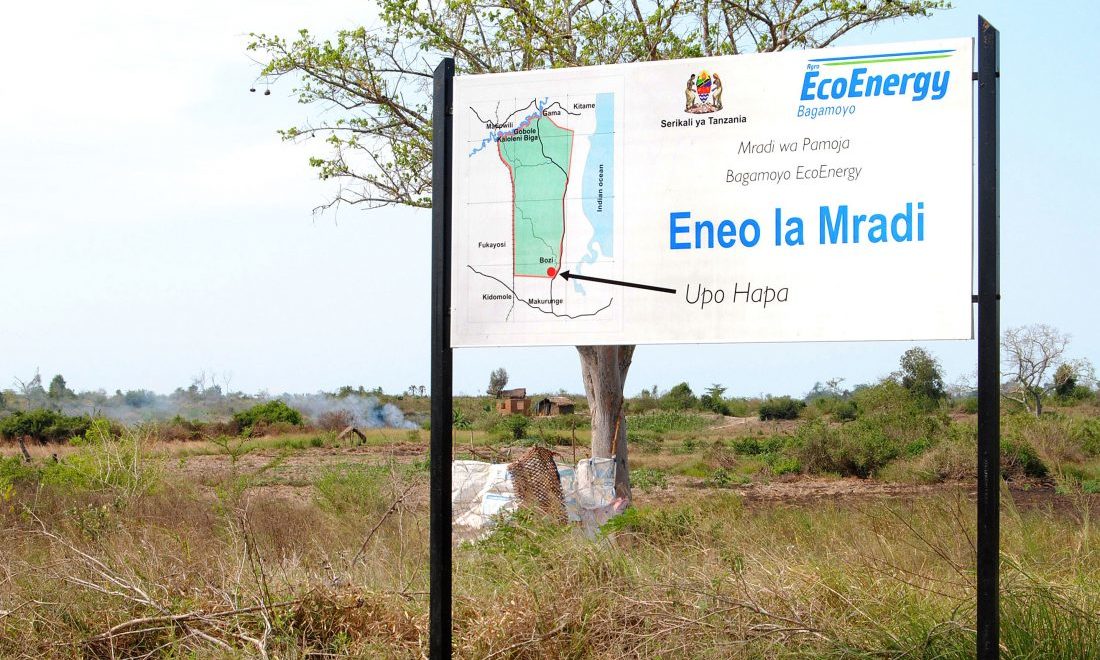This morning I read a BBC report that Tanzania doesn’t have enough sugar. Supplies on the store shelves are getting low and the price is rising. Apparently this happened in response to a government decision to restrict sugar imports. According to the BBC, Tanzania produces about 320,000 tons of sugar and consumes 420,000 tons, requiring it to import 100,000 tons.
When I visited Tanzania in 2014 to conduct research on sugar plantations and out-grower schemes, things were quite different. Tanzania was producing and consuming about the same amounts of sugar, but warehouses were full of sugar and the mills were laying off workers. The poorest out-growers were lowest on the totem pole, so they were forced to leave their sugarcane standing in the fields, as the mills refused to take it. All of this was due to Tanzania being flooded with cheap imported sugar from neighboring countries.
Just prior to my visit, Tanzania had announced their Big Results Now plan, supported by the G7’s New Alliance, which called for 16 giant new sugarcane plantations. Last year, ActionAid International produced a report showing that the first of these plantations, which was planned for in Bagamoyo, was in fact a land grab because communities hadn’t been given the opportunity to give Free Prior and Informed Consent (FPIC). Soon afterward international funders pulled out, and the Bagamoyo project stopped.
The enormous Bagamoyo plantation alone would have more than satisfied the Tanzanian market by producing 130,000 tons of sugar and would have opened a plant for producing sugar-based biofuel for cars, with an agreement to export excess production to Europe.
Wealthy countries put sugar or corn ethanol in their cars under the false assumption that it reduces their carbon footprint, because the full environmental impact is not taken into account.
It’s deeply troubling to imagine the impact of 15 more sugarcane plantations in terms of the amount of land needed, the number of food producers displaced, the quantity of water consumed, and environment destroyed to produce cheap sugar and biofuels to meet government biofuels mandates in the northern hemisphere.
Tanzanians currently consume about the amount of sugar that is considered healthy by the World Health Organization, while in many countries the poor consume much more sugar because it has become a source of cheap calories. In the meantime wealthy countries put sugar or corn ethanol in their cars under the false assumption that it is reducing their carbon footprint, because the full environmental impact is not taken into account.
It makes sense for the Tanzania government to give their producers some protection against the cheap sugar imports. Changes in policy may result in temporary price spikes and hoarding, but this is likely to be short term as Tanzania allows more sugar in or increases its own production. It should be easy for Tanzania to satisfy its own demand for sugar without resorting to biofuels and sugar export projects that were planned under Big Results Now. Development efforts should focus on projects which increase the quality of life in rural communities and the diversity of livelihoods and provide Tanzanians with nutritious food.



